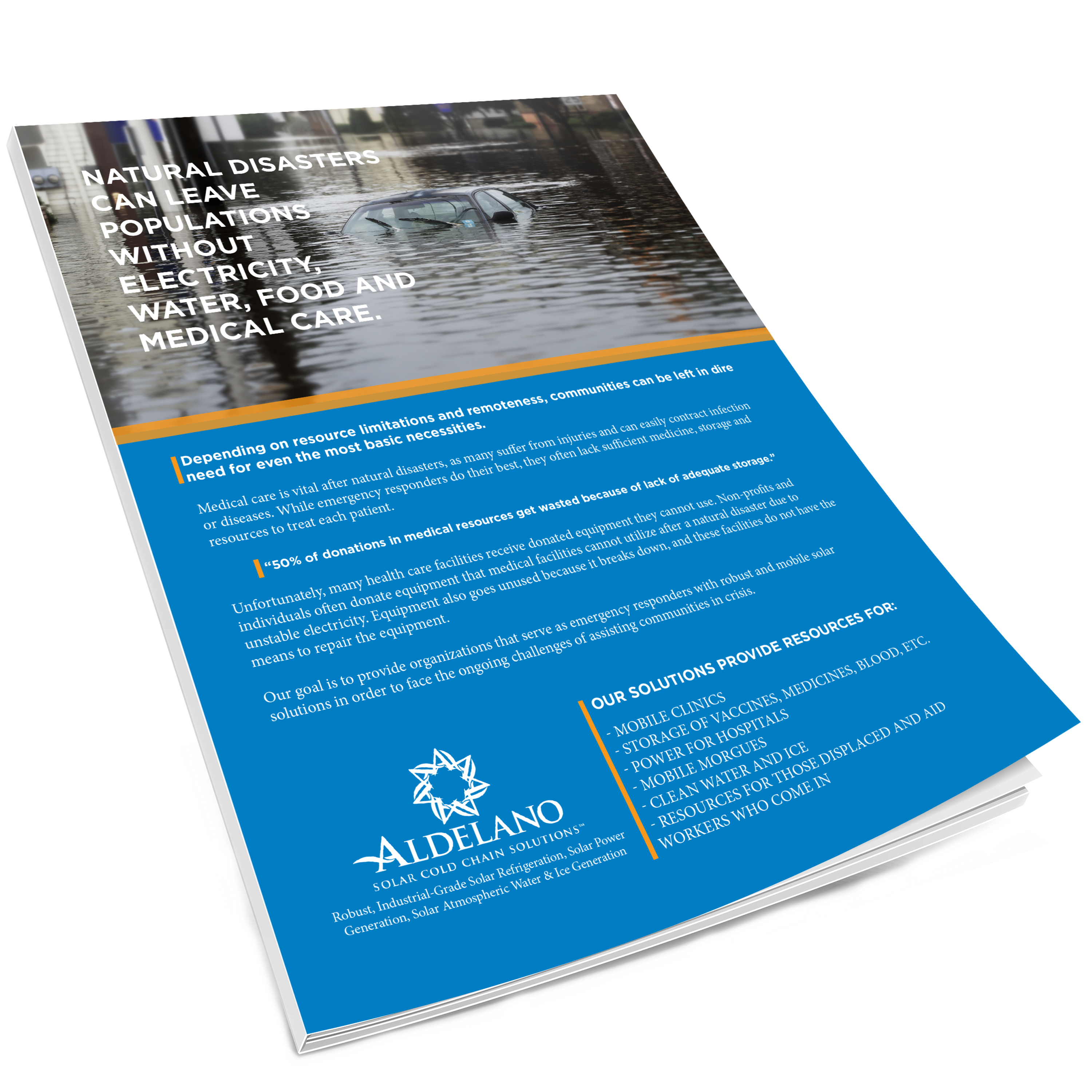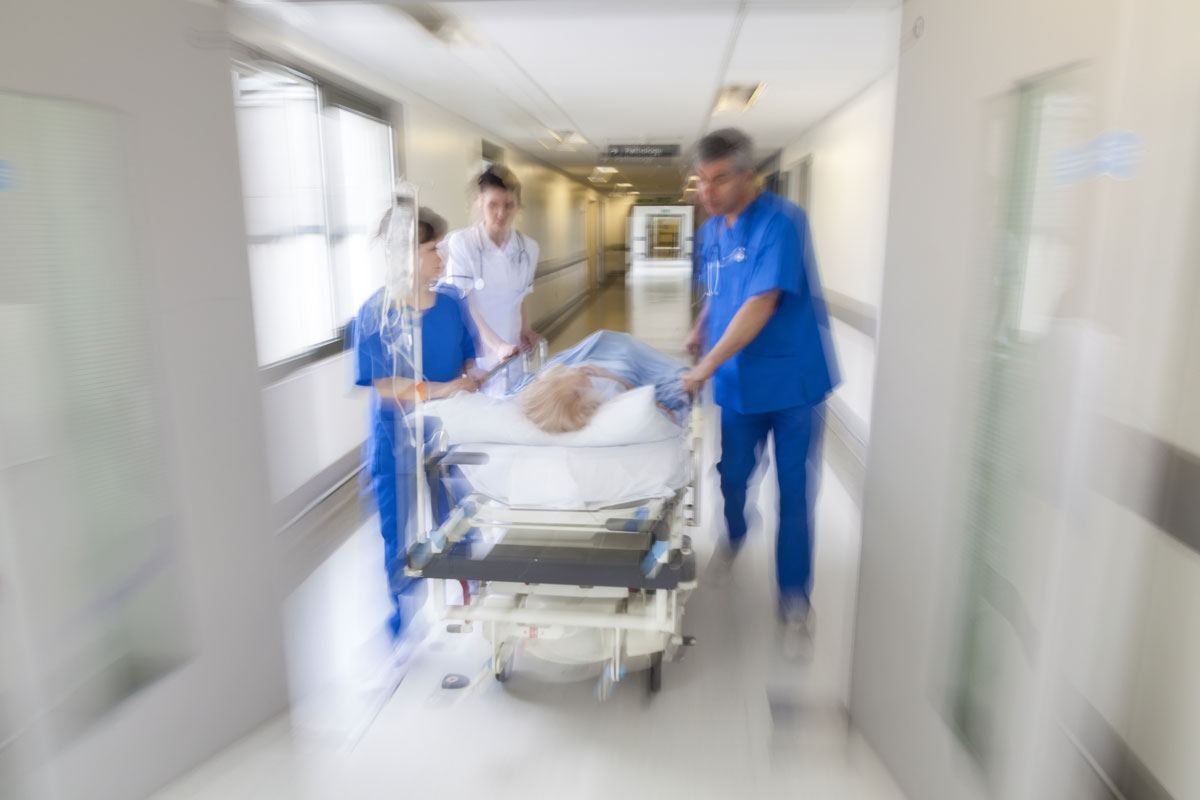Medical support is vital to recovery after a natural disaster. When a disaster strikes, medical facilities face major obstacles.
Not only do hospitals have to manage their current patients, but they also have to treat injuries caused by the tragedy. This task becomes problematic when the power goes out, and necessities like water are not available.
After Hurricane Katrina, many hospitals were left without electricity and felt forgotten. Charity Hospital had a limited staff riding out Hurricane Katrina. The team was left without support and power for five days.
“Banners made from bedsheets and anchored with bags of saline solution hung from shattered windows and railings, a testament to the despair and fear of the living trapped in the crippled building for five long days by the flood of Hurricane Katrina… For five days, they had been carrying 400-pound generators, 5-gallon cans of diesel, pregnant women, and critically ill patients up and down the stairs in the putrid heat.” Houston Chronicle
The Federal government will step in after local and state authorities prove they cannot handle a disaster. However, we have seen that the local community must do all they can to prepare for the worst. A natural disaster can happen at any time to any part of the world.
Aldelano Solar Cold Chain Solutions has created mobile and off-grid solutions to aid medical facilities when the worst occurs. The Aldelano Solar ColdBox provides cold storage for food and medicine. It can also function as a mobile morgue.
The Aldelano Solar ColdBox is an industrial-grade, portable, solar-powered cold storage mini-warehouse that provides a completely renewable power source, refrigeration, and freezing capacity. Temperatures range from -10 to 55 degrees Fahrenheit within a 20 or 40ft shipping container.
When the Solar ColdBox is not being used for cold storage, it can be used as a solar power generator. Aldelano Solar Cold Chain Solutions’ PowerPak can produce robust solar power that goes beyond the Solar ColdBox.
The Aldelano Solar PowerPak is a solar power converting station that collects solar energy and converts it to usable AC power for use with virtually any electric device. They can power everything from a small home to an entire village. All units are customized to meet the electrical needs of the region and the specific requirements of the customer.
The staff at Charity Hospital fought to keep their patients safe and alive during the aftermath of Hurricane Katrina. Thankfully, only eight patients died during the ordeal. The team’s efforts were heroic. However, they should have received aid from the government far sooner than they did.
“They had been rationing their food and hydrating themselves intravenously. They had set up a makeshift, fully functional operating room, which mercifully was not needed. They had scrounged diesel for the generators out of an ambulance abandoned on the ramp outside the ER. They had carried the bodies of the dead to the fire escape.” Houston Chronicle
The staff at Charity Hospital show the resilience and heroism of medical teams during a crisis. Our goal is to help hospitals and medical facilities prepare for the worst, so their team never has to face impossible odds during a natural disaster. Medical support starts before disaster strikes

Download our free flyer to learn more about how our robust, industrial-grade solar solutions can help during the disaster relief process.
Citations:
FREEMANTLE, Copyright 2005 Houston Chronicle, TONY. Trapped Hospital Workers Kept Most Patients Alive. Houston Chronicle, 18 Sept. 2005, www.chron.com/news/hurricanes/article/Trapped-hospital-workers-kept-most-patients-alive-1502571.php.

